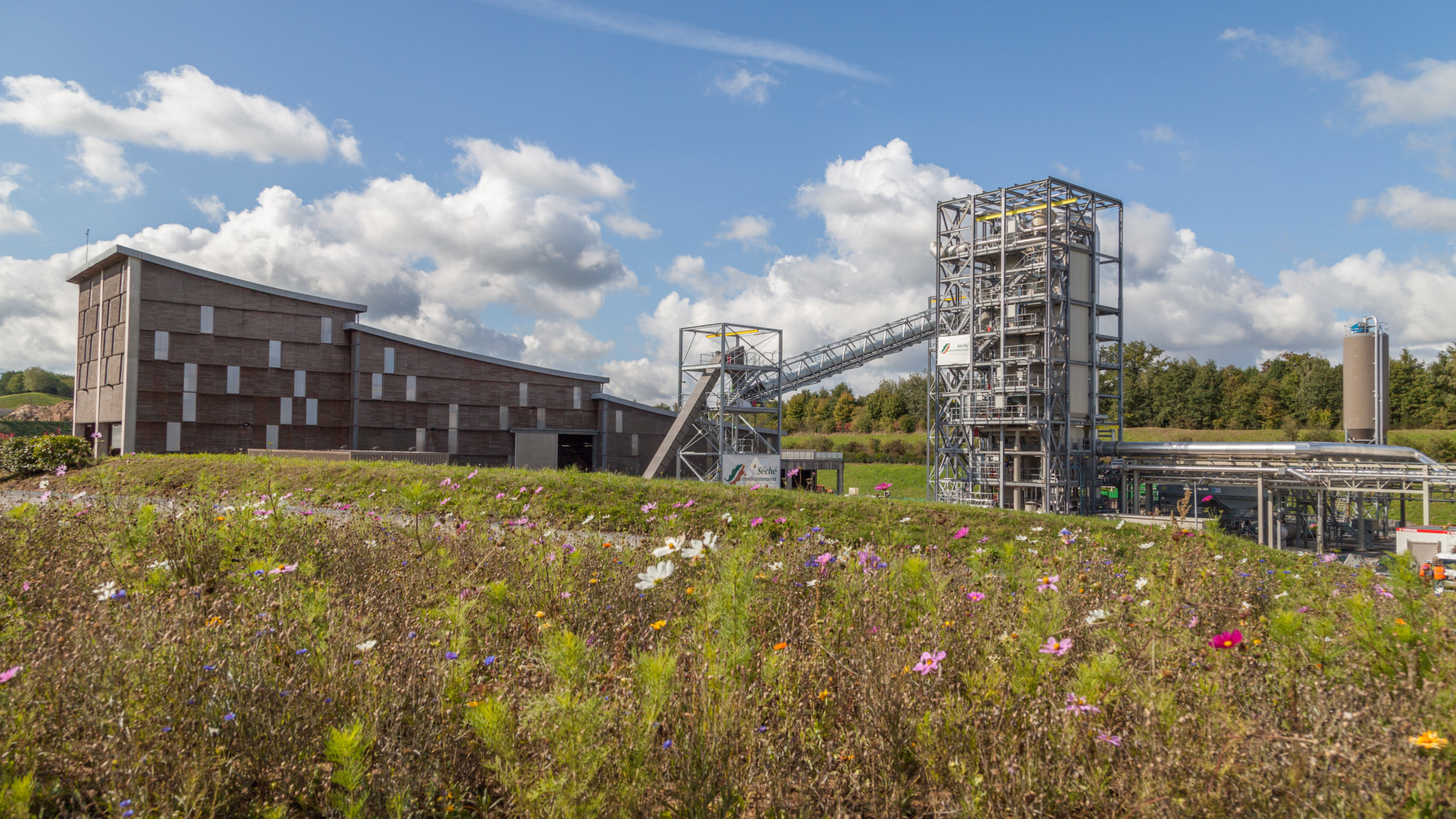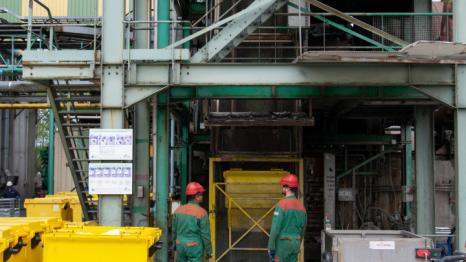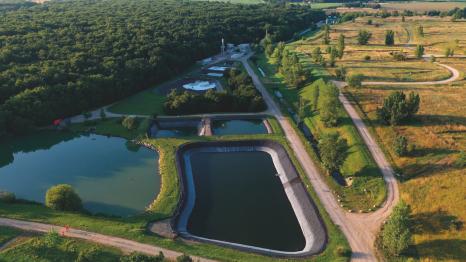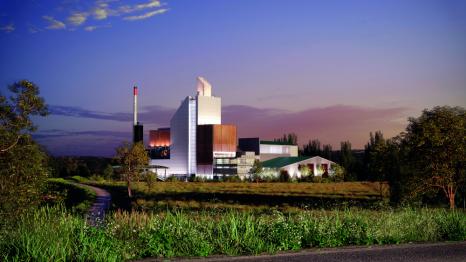Solid Recovered Fuels (SRF), a substitute for fossil fuels
Heat networks, local low-carbon energy
Biogas, capturing and recovering greenhouse gas

Solid Recovered Fuels (SRF), a substitute for fossil fuels
Heat networks, local low-carbon energy
Biogas, capturing and recovering greenhouse gas
We produce solid recovered fuel using non-hazardous, non-recyclable waste, selected for their high energy potential, such as:
SRF come in the form of pellets, briquettes or bales. Their characteristics make them and ideal substitute to fossil fuels to cut your carbon footprint while powering your:
Non-recyclable waste is sent to landfill sites designed in accordance with strict regulations to minimize their environmental impact. As the residual organic materials present in such waste decomposes, they naturally produce methane, a potent greenhouse gas. That is why our facilities are specially equipped with gas capture technology.
After treating the biogas recovered in this way, we convert it into different forms of energy, depending on local needs:
We tap into the trapped energy contained in non-recyclable waste by incinerating it. The energy is then harnessed by circulating water through furnaces before transporting the steam or hot water through a local heat network several miles to where it is needed.
Some of our facilities also generate heat using Solid Recovered Fuels and biogas from decomposing waste.



As specialists in the circular economy, we develop many solutions to reduce the environmental impact of waste. For example, we sort recyclable materials, produce low-carbon energy, and safely store waste. As part of efforts to combat climate change, we have pledged to cut our clients’ carbon emissions (target: 40% increase in emissions avoided between 2022 and 2025).
As specialists in the circular economy, we develop many solutions to reduce the environmental impact of waste. For example, we sort recyclable materials, produce low-carbon energy, and safely store waste. As part of efforts to combat climate change, we have pledged to cut our clients’ carbon emissions (target: 40% increase in emissions avoided between 2022 and 2025).
Our specialist facilities have all the necessary certifications and authorizations, and our teams are specially trained in safety and how to properly use the protective equipment they require.
Our specialist facilities have all the necessary certifications and authorizations, and our teams are specially trained in safety and how to properly use the protective equipment they require.
At Séché Environnement, biodiversity plays an integral role in our business model. The Group has its own team of ecologists and biodiversity ambassadors who roll out initiatives on the ground within and around our industrial facilities. Whether it is by protecting species, renaturing ecosystems, or raising awareness among stakeholders, we factor in biodiversity and take local priorities into consideration before undertaking all projects.
At Séché Environnement, biodiversity plays an integral role in our business model. The Group has its own team of ecologists and biodiversity ambassadors who roll out initiatives on the ground within and around our industrial facilities. Whether it is by protecting species, renaturing ecosystems, or raising awareness among stakeholders, we factor in biodiversity and take local priorities into consideration before undertaking all projects.